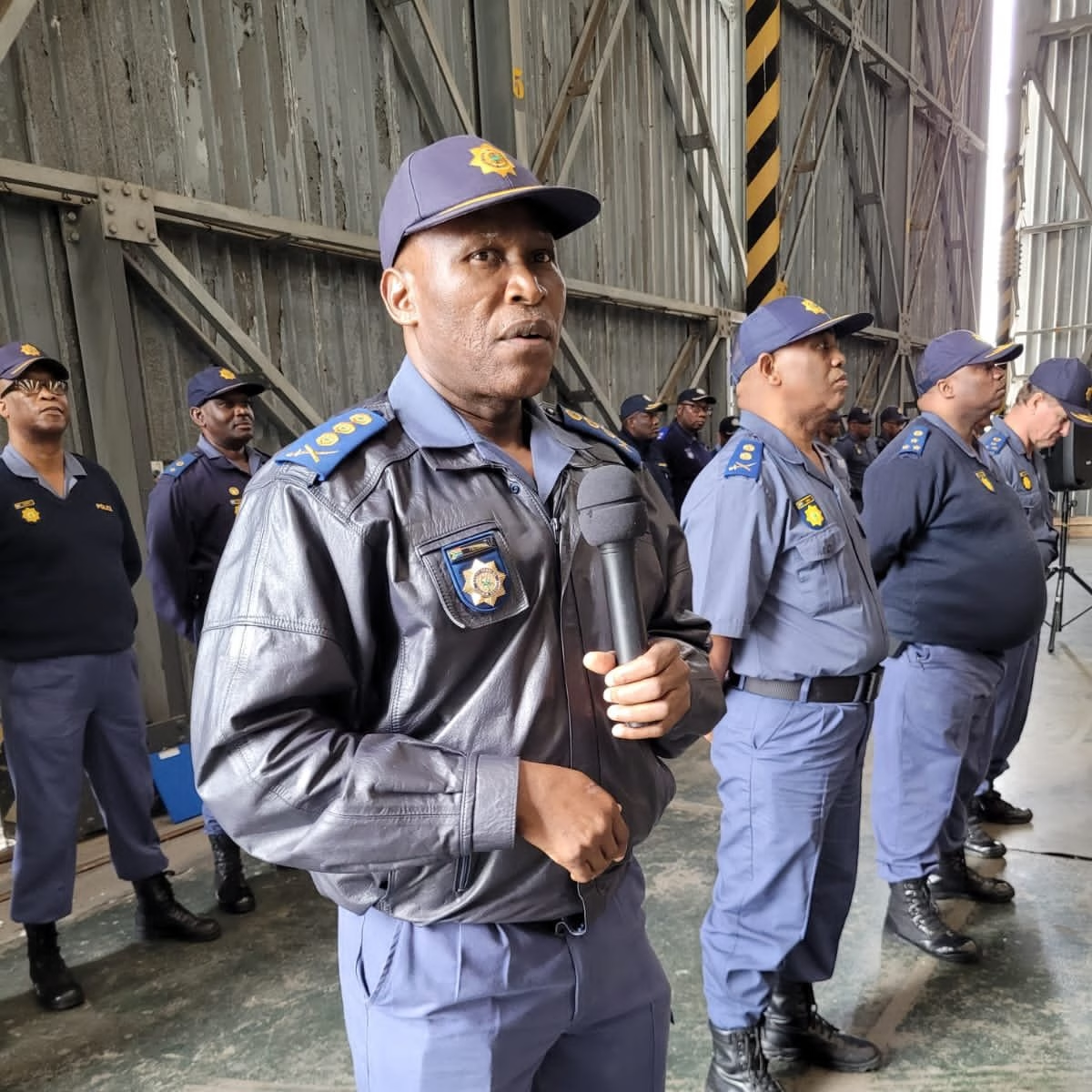ccusations of mismanagement, political grandstanding, and neglect are intensifying as crime continues to rise across the Cape Flats. At the centre of this growing discontent is Western Cape Police Commissioner, Lieutenant-General Thembisile Patekile, whose leadership is now being openly challenged by civil society and political actors alike.
The Cape Flats Safety Forum, spearheaded by its founder Abie Isaacs, has taken a firm stance, calling for Patekile’s resignation in light of what Isaacs describes as a catastrophic failure to address violent crime in the province. The demand is not rooted in recent developments alone, Isaacs explained, but rather in a consistent decline in public safety over the past year.
“I want to dispel the myth that we only woke up this week and decided to call for his resignation. For us, it is purely because we know for a fact that crime is out of control, and there seems to be nothing done for the past year.”
Residents of the Cape Flats, Isaacs argued, are experiencing levels of violence that rival active conflict zones, and many now feel trapped in a perpetual state of fear and insecurity. He was adamant that current leadership has failed to inspire confidence or present a viable strategy.
“He has not touched base with reality.”
Isaacs went further, saying that even in media engagements, Patekile’s presence and communication lacked conviction and clarity, contributing to a general perception of detachment from the province’s escalating crime situation.
Meanwhile, tensions flared in the Western Cape Legislature during a debate on Thursday, where political parties exchanged blame over the province’s deteriorating safety conditions. The African National Congress (ANC), the Economic Freedom Fighters (EFF), and the GOOD Party all criticised the Democratic Alliance (DA) for what they described as a failed approach to crime prevention.
At the heart of the DA’s current push is a contentious proposal to devolve policing powers from national government to the City of Cape Town’s Safety and Security Directorate. Premier Alan Winde, addressing the matter in the legislature, pointed to the province’s alarming share of the national murder rate.
“South Africa records around 27 000 murders a year, and 4 500 of those are in our province,”
Winde stated, calling the murder rate the
“big elephant in the room.”
The Premier also revealed a steep drop in the number of South African Police Service (SAPS) members stationed in the province—down from 20 000 six years ago to just 12 900 today.
“We cannot win this fight if the numbers keep going backwards. We need a new policing model, and that means devolving policing powers to the province.”
However, Isaacs remains sceptical of this plan, warning that the call for devolution is more about political strategy than public safety.
“For us, as the Cape Flats Safety Forum, the push for devolution of power is pure political positioning for 2026. What we need is leadership with the will to take on the gangs.”
This sentiment echoes a broader mistrust of political motives across the community, where residents increasingly feel used as pawns in inter-party disputes rather than being offered real, actionable protection.
Adding to the controversy is the unresolved 2023 Commission of Inquiry into alleged gang collusion with senior SAPS management. Isaacs questioned why its findings, penned by Judge Thulare, have yet to result in meaningful action or transparent public communication.
“The premier responded to us, but he is sitting with the findings of Judge Thulare in 2023, which say gangs were colluding with senior management. That report is still on the table, and the community needs clarity on it.”
For Isaacs, the solution does not lie in structural changes or jurisdictional transfers of power but in strong, principled leadership that prioritises the needs of communities over party-political calculations. The current reality, he argues, is one in which ordinary people are bearing the brunt of political inaction and bureaucratic inertia.
While the debate over policing models rages on, communities like those on the Cape Flats continue to live amid daily violence, with no clear path forward. Whether Lieutenant-General Patekile steps down or remains in position, public demand for accountability and effective safety measures is growing louder—and becoming harder to ignore.

















